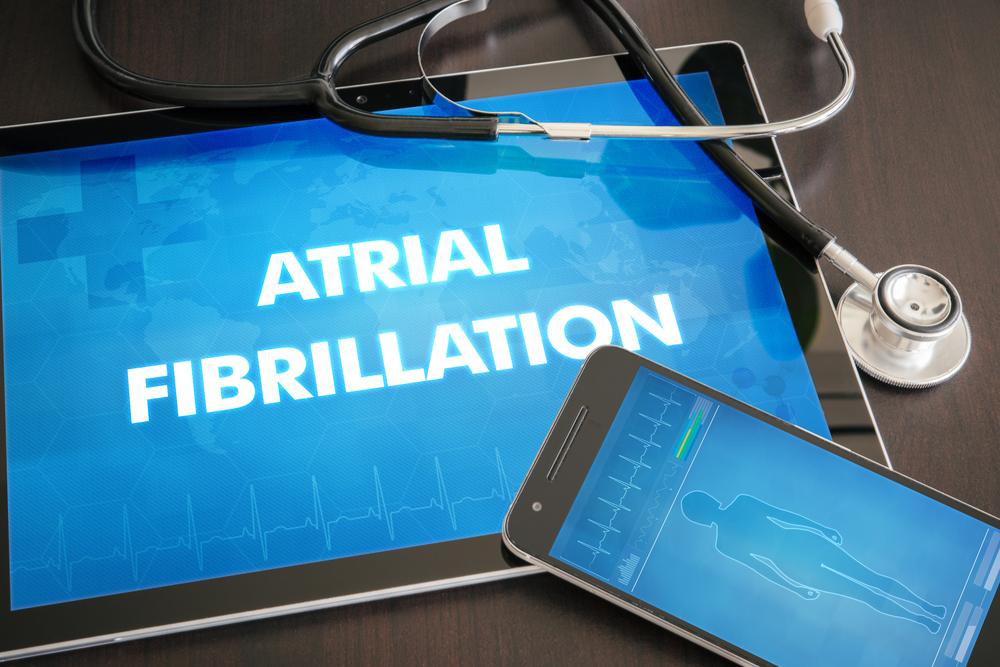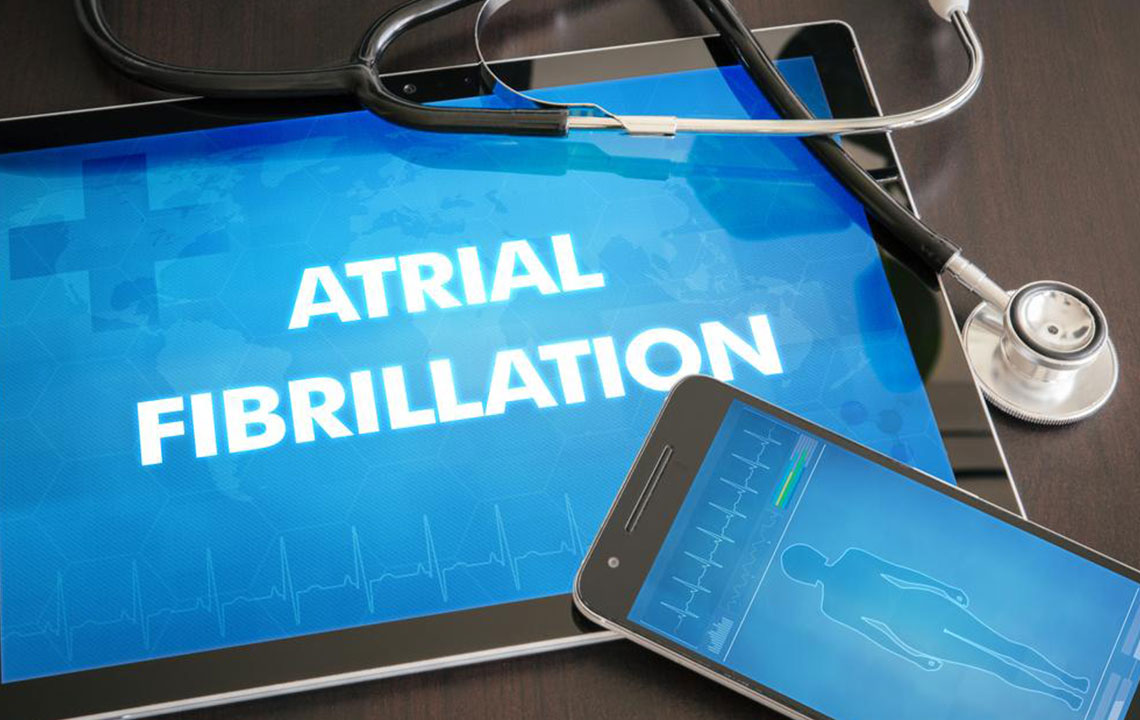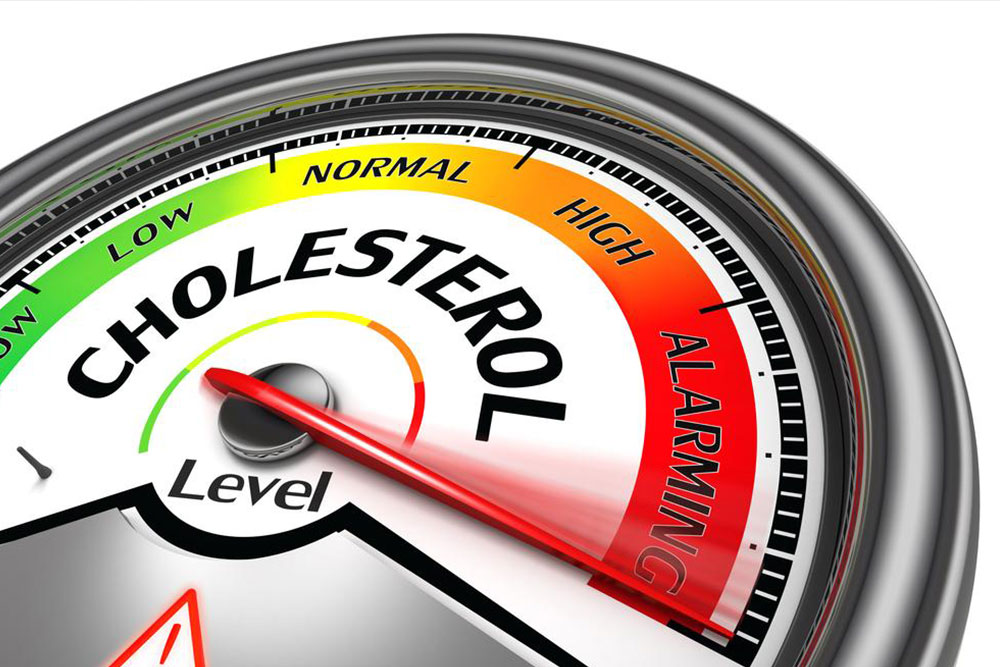Recognizing and Managing Atrial Fibrillation Symptoms
This article explains the key signs and symptoms of atrial fibrillation, highlighting how to recognize them and the importance of seeking medical help. It covers causes, related health issues, and treatment options, emphasizing early diagnosis and proper management to prevent complications.

Atrial Fibrillation (AFib) is a heart disorder characterized by irregular and rapid heartbeats. Common signs include chest discomfort and reduced exercise capacity. Many individuals experience fatigue, palpitations, and shortness of breath, especially during physical activity. These symptoms result from inadequate blood flow caused by abnormal heart rhythm. AFib can also lead to symptoms of heart failure, such as low blood pressure, weakness, and mental confusion due to poor brain perfusion. Respiratory issues and swelling of extremities are also frequent, often worsening when lying down. Identifying AFib origins like hypertension or pulmonary conditions is crucial, and treatment typically involves anticoagulants and lifestyle modifications. Consult healthcare professionals for proper diagnosis and management, including diagnostic tests like ECG. Knowledge is vital for prevention and effective treatment.









